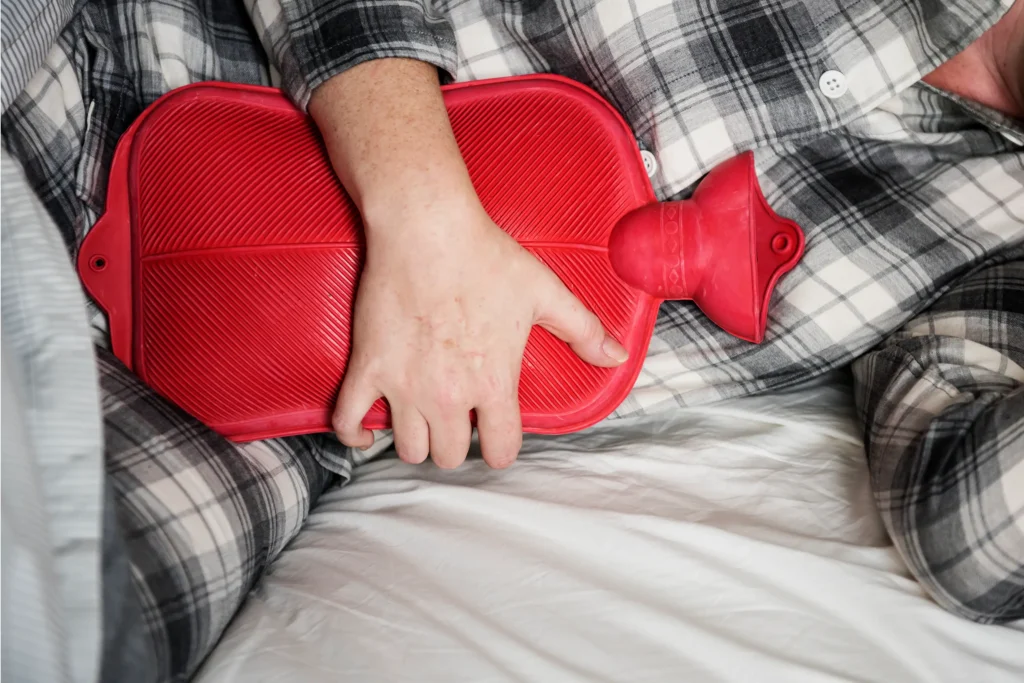
If you have ever wondered why your menstrual cycles are acting weird—too heavy or too light or just all over the place—your thyroid might have something to do with it. Yes, that tiny butterfly-shaped gland in your neck plays a bigger role than most people even realise, especially when it comes to menstrual health.
What exactly is the thyroid?
The thyroid is a small gland located in the front of your neck. It produces two hormones that regulate your metabolism. Your body uses energy. These hormones also affect your heart rate and even your reproductive system. You can consider the thyroid to be the body’s engine. If it’s running too fast or too slow, everything else starts to go out of balance, including your menstrual cycle.
Also Read | Struggling to conceive? Understanding the possible causes
Types of thyroid
Hypothyroidism means that your thyroid is not making enough hormones. It slows down everything. Common symptoms include fatigue, weight gain, feeling cold or depression.
Hyperthyroidism means your body is making too many hormones, and it speeds up everything. Common symptoms include weight loss, feeling anxious, sweating or having a racing heartbeat.
How does the thyroid impact your periods?
Hormones are likely the messengers in your body, and they all work together. The hormones from your thyroid need to be in balance with those from your reproductive system, like oestrogen and progesterone. When your thyroid is off, it can mess up the signals between your brain and ovaries, which control your menstrual cycle.
If you have hyperthyroidism, your periods might become lighter or stop altogether. If you have hypothyroidism, your periods might become heavier, longer and even more painful. Some people go months without a period or have them at random times.

A poorly functioning thyroid can make it challenging for you to get pregnant. It might also cause ovulation to stop.
When should you see a doctor?
If your period suddenly changes, especially if it becomes very heavy, stops or becomes super irregular, don’t ignore it. These are some common signs of hormone imbalance, and your thyroid could be the root cause. You should talk to your doctor if you are feeling tired all the time or gaining or losing weight without even trying. A simple blood test can check your thyroid hormone levels; it’s fast and very easy.
Can thyroid issues be treated?
If you have hypothyroidism, you will be prescribed a daily thyroid hormone replacement pill. It helps you bring your hormone levels back to normal. Treatment options for hyperthyroidism include medication to slow down the thyroid, or, in some cases, even surgery might be required. Once your thyroid hormones are balanced again, your periods usually go back to normal.
Also Read | Study links unhealthy diet to earlier puberty in girls
Your thyroid and menstrual cycle are closely connected. When your thyroid hormones are out of balance, your periods can also go haywire; they might be too heavy, too light or irregular or even stop completely. The good news is that thyroid issues are treatable, and once they are managed, most women see their periods return to normal.








